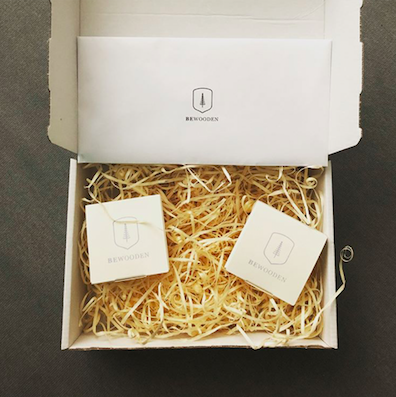Plastic pollution - a burden on the environment
Especially in the last few days we often encounter the problem of plastic disposal in the news. Where should we put the 32 million tons of material that are released into the environment each year around the world and most of all into the oceans? Is incineration really a good alternative and can’t you do much more by recycling? For plastic disposal, numerous questions arise that are not always easy to answer.

Plastic pollution in numbers
In a previous article we already reported about the SDGs. It is a project of the UN, which should improve the world in the field of social, economic and ecology until 2030. Plastic disposal is also an important issue. The elimination of plastic waste over the oceans should be stopped and a stronger focus should be placed on recycling. However, this difficulty is relatively young. Nevertheless, it developed rapidly. Plastics have only existed since 1907. Within more than 100 years, the production developed to a serious problem all over the world. Plastic production increases by about 8.4% per year. From the beginning of the use of plastics to 2015, 6.3 billion tons of the substance have been produced. Only in 2015, the production averaged 380 million tons.
Even more important is the question of what should happen to the packaging once it has been used. Depending on the type, plastic needs about 200-300 years to be fully disintegrated.
Disposal options and restrictions
The classic alternatives for the disposal of the material are incineration and recycling. While recycling is much more environmentally friendly than incineration, the last named is less commonly used. Take Germany as an example: only 43% of plastic waste is recycled here. But, at the same time, around 55% are incinerated. In an international comparison, however, this is a commendable record. In the European average, only 30% were reused in 2017. In China 25% and in the US only 9%. But these values are below the potential.
The reason for this is that recycling is more expensive than burning. Recycling is a multi-level endeavor that is more complex than the alternatives. Furthermore, many packages consist of a mixture of different plastics, which partly can’t be identified by the sorting machines.
In order to counter the increasing plastic consumption in the world, there are more and more initiatives on the part of politics and large companies. For example, a larger number of beverage manufacturers now produce glass bottles instead of plastic bottles. Currently, about 40 countries limit the allocation of plastic bags. Now, you can find paper and recycled bags in many shops instead.
Creative alternatives
Meanwhile, there are many creative people who use plastic and other synthetic materials to make art out of it or build a business on it. The principle is upcycling. Here, old materials that would normally end up in the garbage are reused and made new. Through that, grocery bags, bags, pieces of furniture and works of art are made.
But also science is working hard to accelerate the decomposition process. They are looking for environmentally friendly alternatives, for example in the form of plastic-eating bacteria or other organisms that could solve the problem.
We from BeWooden
Instead of protecting our products with plastic, we use a much more environmentally friendly alternative called wood wool. Already since our foundation, we want to create products that are sustainable and do not burden the environment. That's why we switched from plastic packaging to a natural product early on. This also occupies our supply chain because we largely use leftover wood from the furniture industry and do not cut down trees for our products.



